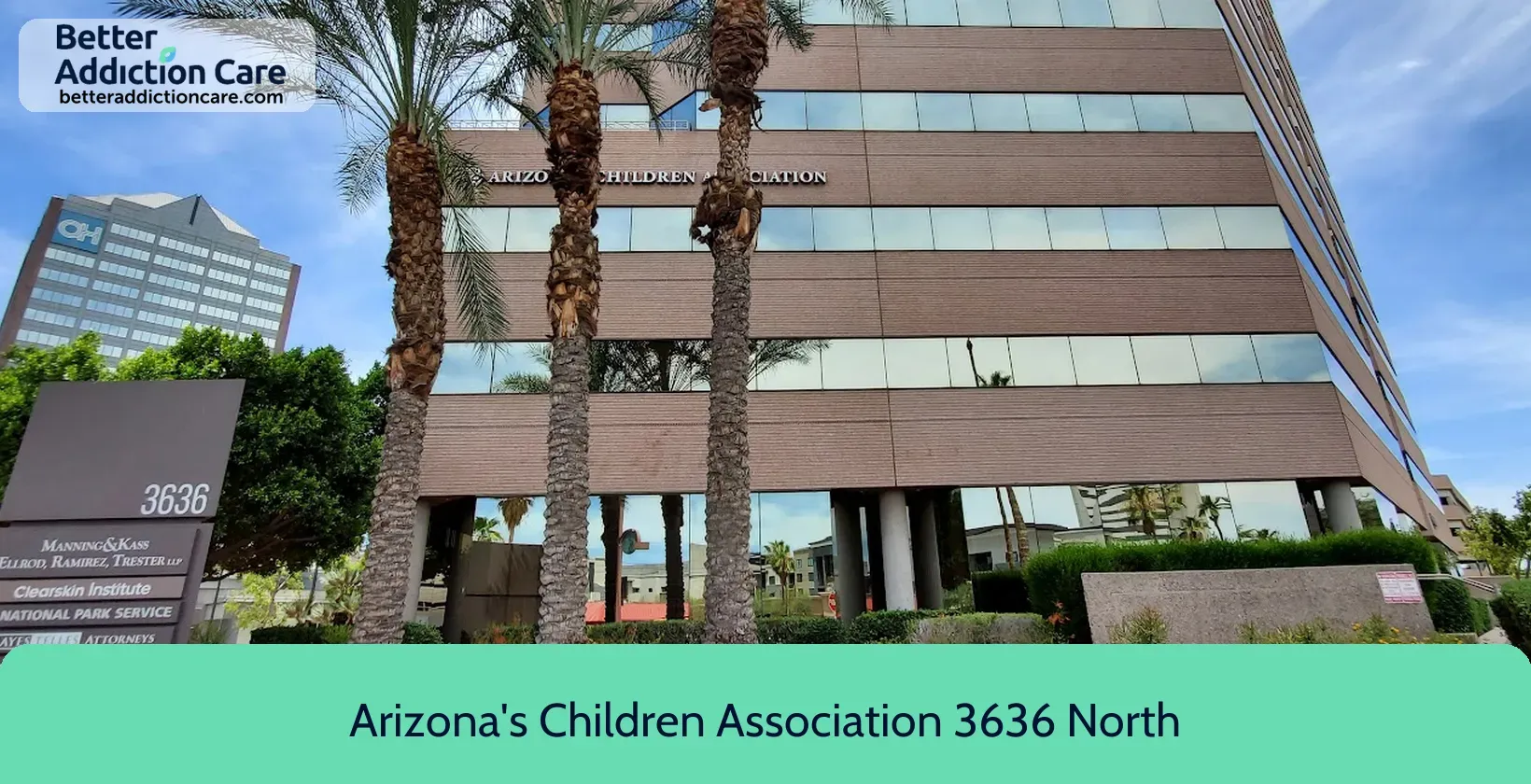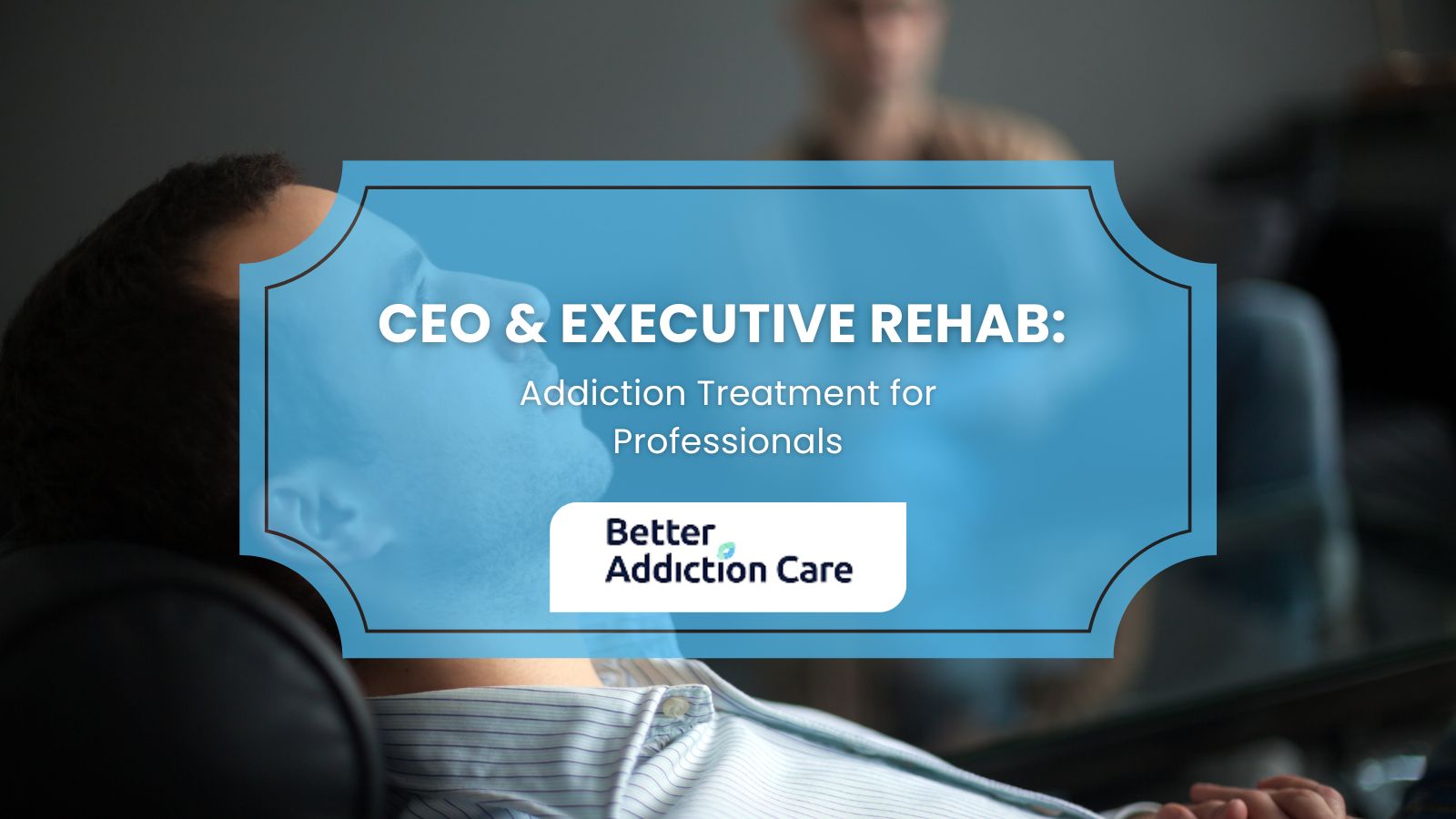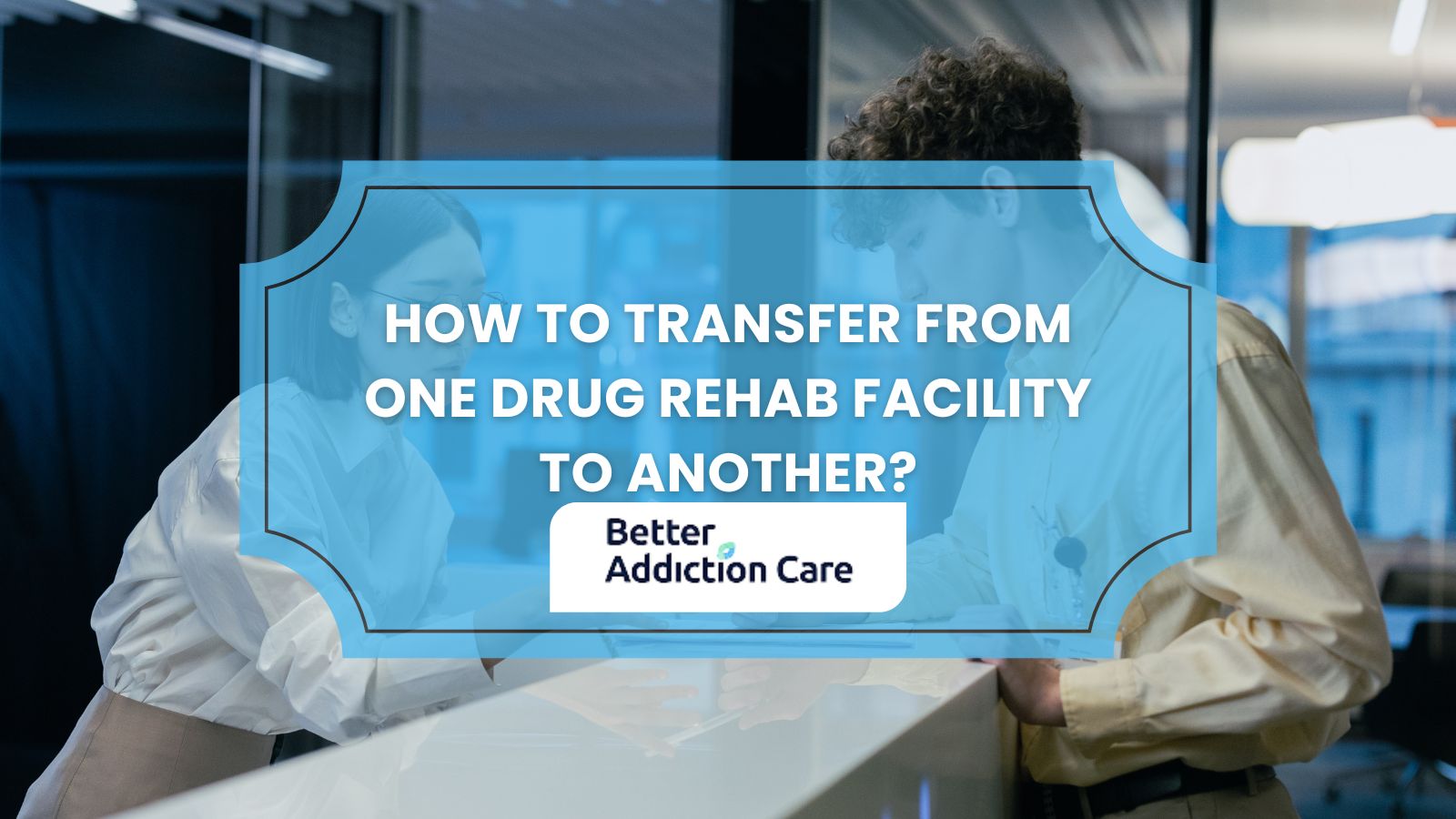Overview
Arizona's Children Association 3636 North Central Avenue is a mental health treatment center for people seeking treatment near Maricopa County. As part of their treatment modalities for recovery, Arizona's Children Association 3636 North Central Avenue provides couples/family therapy, group counseling, and cognitive behavioral therapy during treatment. Arizona's Children Association 3636 North Central Avenue is located in Phoenix, Arizona, accepting cash or self-payment for treatment.
Arizona's Children Association 3636 North Central Avenue at a Glance
Payment Options
- Cash or self-payment
- Medicaid
- State welfare or child and family services funds
- Community Mental Health Block Grants
- Sliding fee scale (fee is based on income and other factors)
Assessments
- Comprehensive mental health assessment
Age Groups
- Young adults
- Children/adolescents
- Seniors
Ancillary Services
- Intensive case management
- Case management service
- Family psychoeducation
- Suicide prevention services
Highlights About Arizona's Children Association 3636 North Central Avenue
6.65/10
With an overall rating of 6.65/10, this facility has following balanced range of services. Alcohol Rehabilitation: 8.00/10, Drug Rehab and Detox: 6.00/10, Insurance and Payments: 6.00/10, Treatment Options: 6.61/10.-
Alcohol Rehabilitation 8.00
-
Treatment Options 6.61
-
Drug Rehab and Detox 6.00
-
Insurance and Payments 6.00
Treatment At Arizona's Children Association 3636 North Central Avenue
Treatment Conditions
- Mental health treatment
Care Levels
- Outpatient
Treatment Modalities
- Couples/family therapy
- Group counseling
- Cognitive behavioral therapy
- Dialectical behavior therapy
- Telemedicine/telehealth therapy
Ancillary Services
Languages
- Sign language services for the deaf and hard of hearing
- Spanish
Additional Services
- Pharmacotherapies administered during treatment
- Metabolic syndrome monitoring
Special Programs
- Clients who have experienced trauma
- Children/adolescents with serious emotional disturbance (SED)
Contact Information
Read our Most Recent Article About Drug Addiction
DISCLAIMER: The facility name, logo and brand are the property and registered trademarks of Arizona's Children Association 3636 North Central Avenue, and are being used for identification and informational purposes only. Use of these names, logos and brands shall not imply endorsement. BetterAddictionCare.com is not affiliated with or sponsored by Arizona's Children Association 3636 North Central Avenue.









